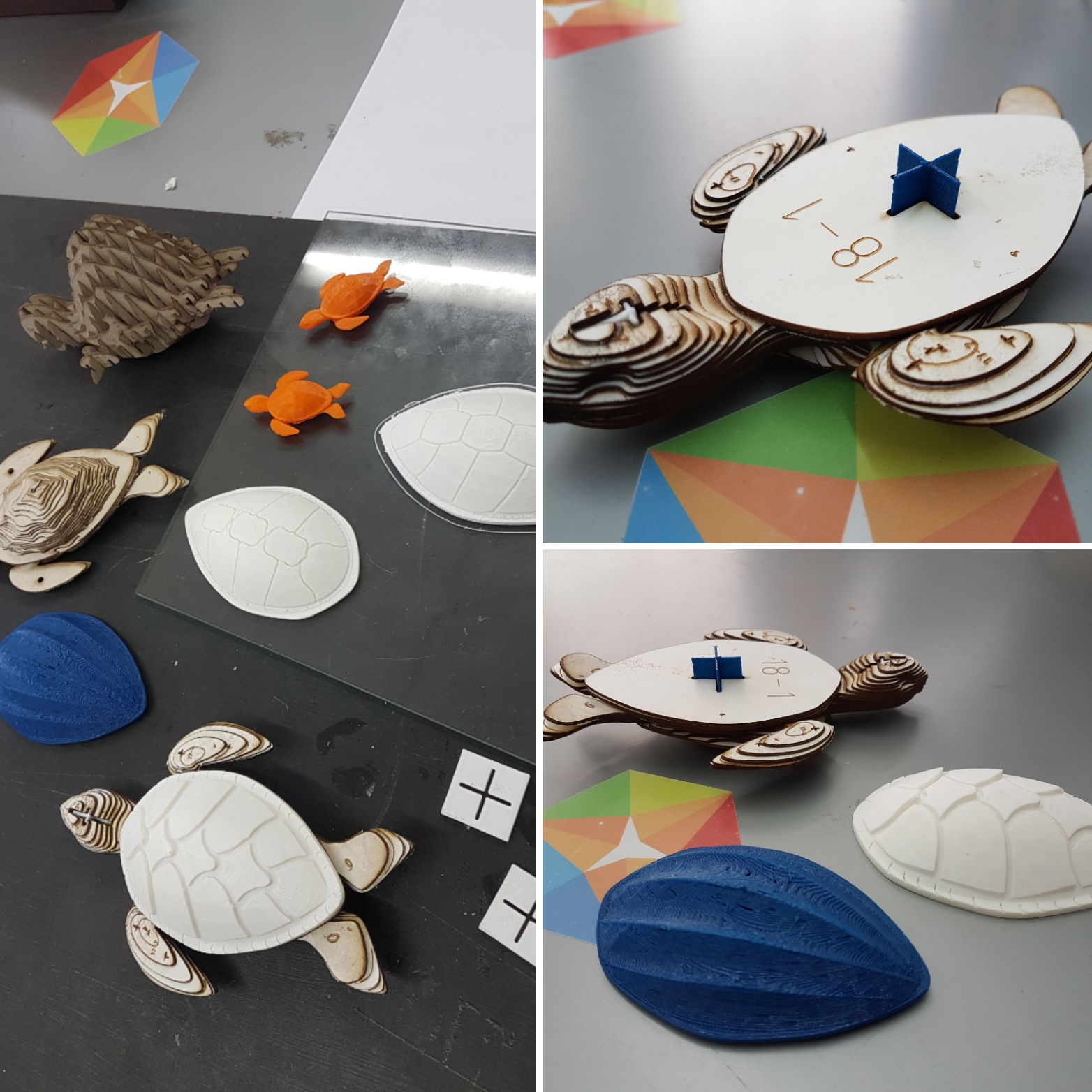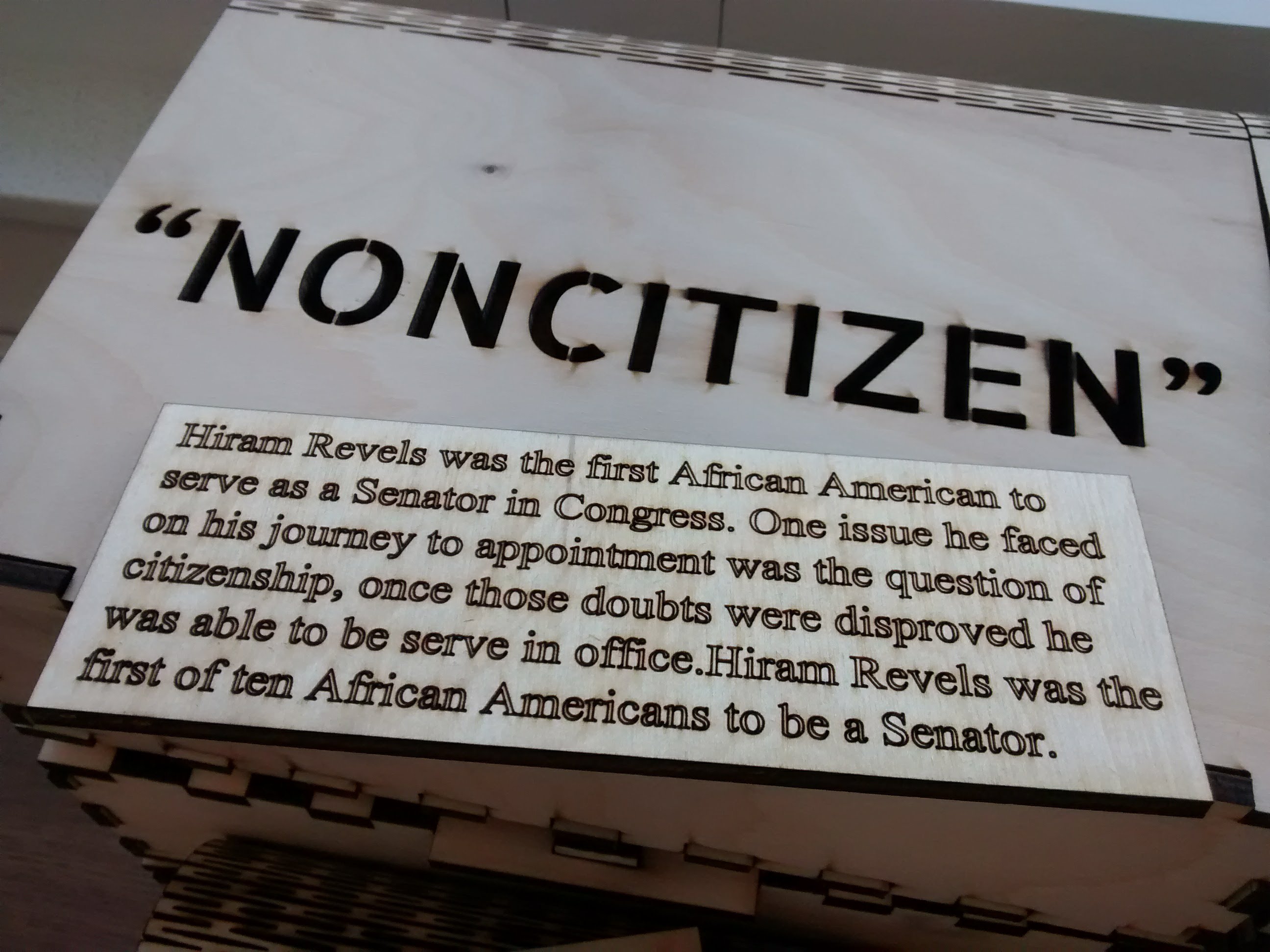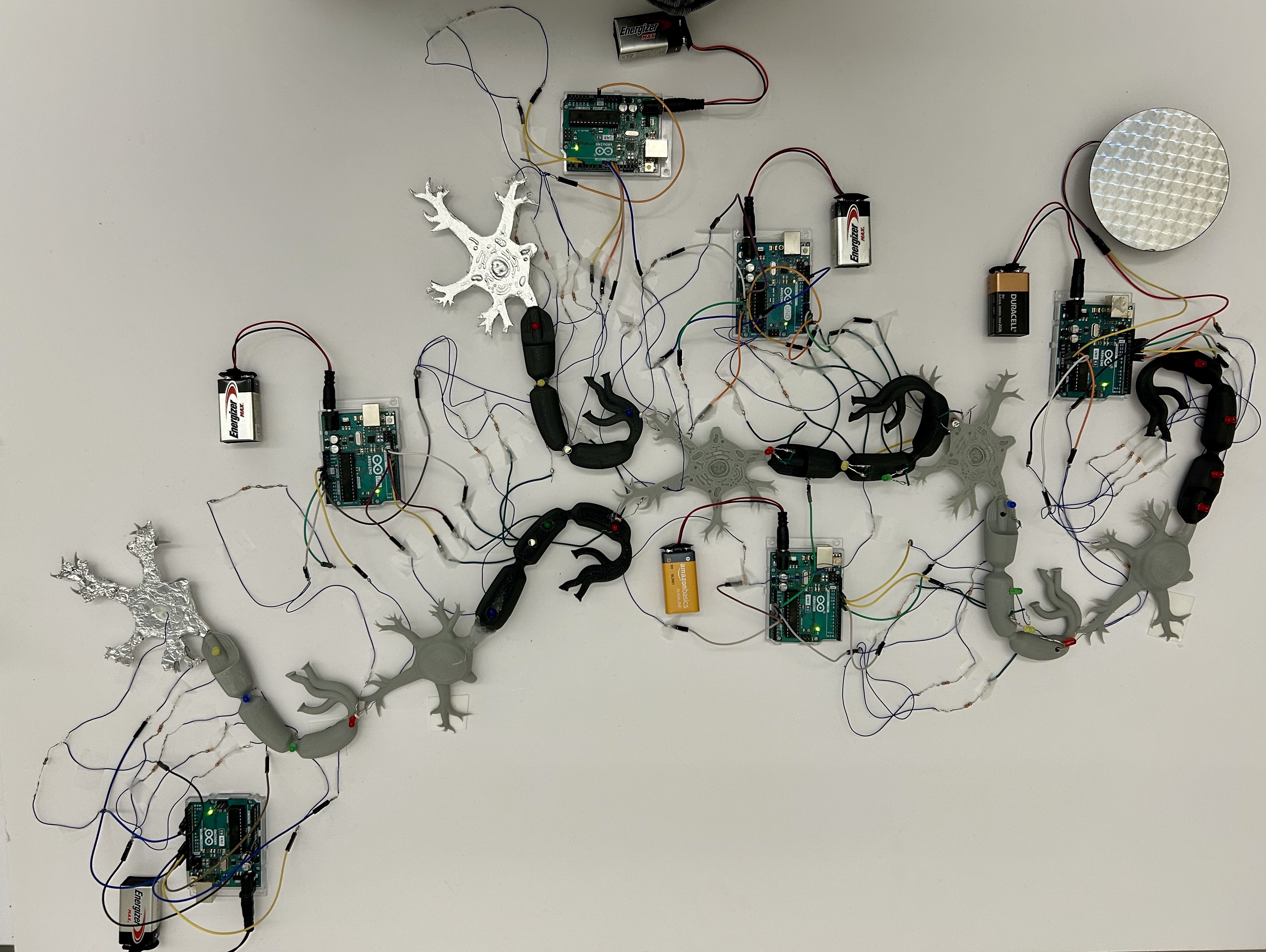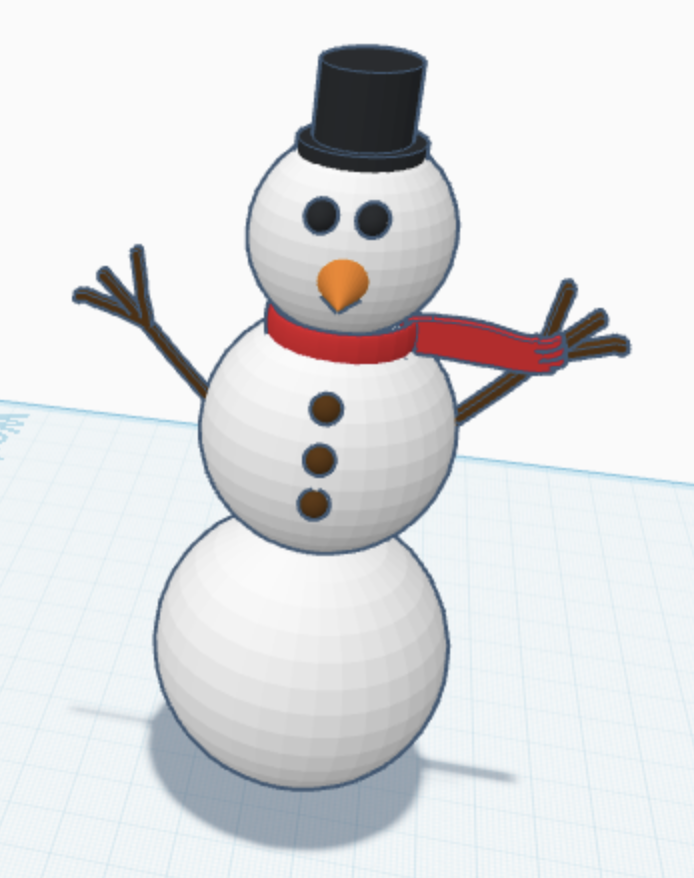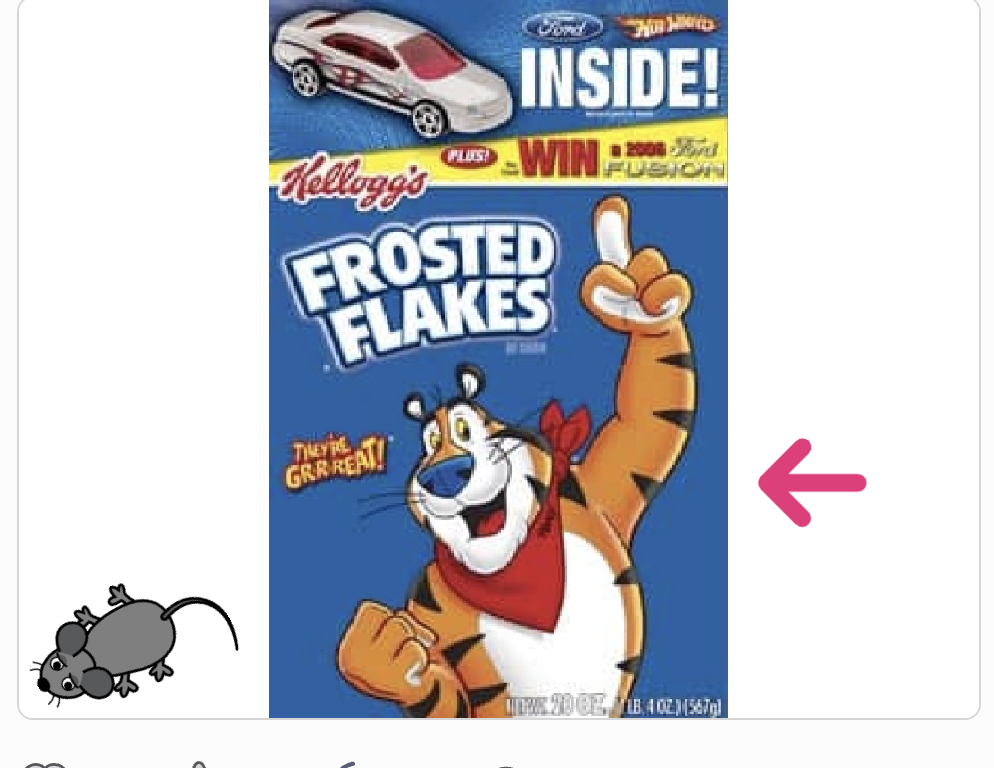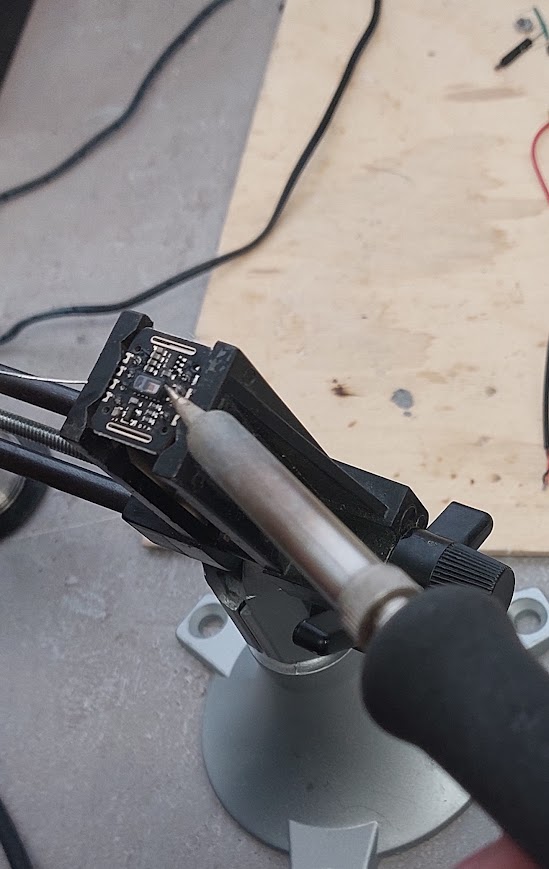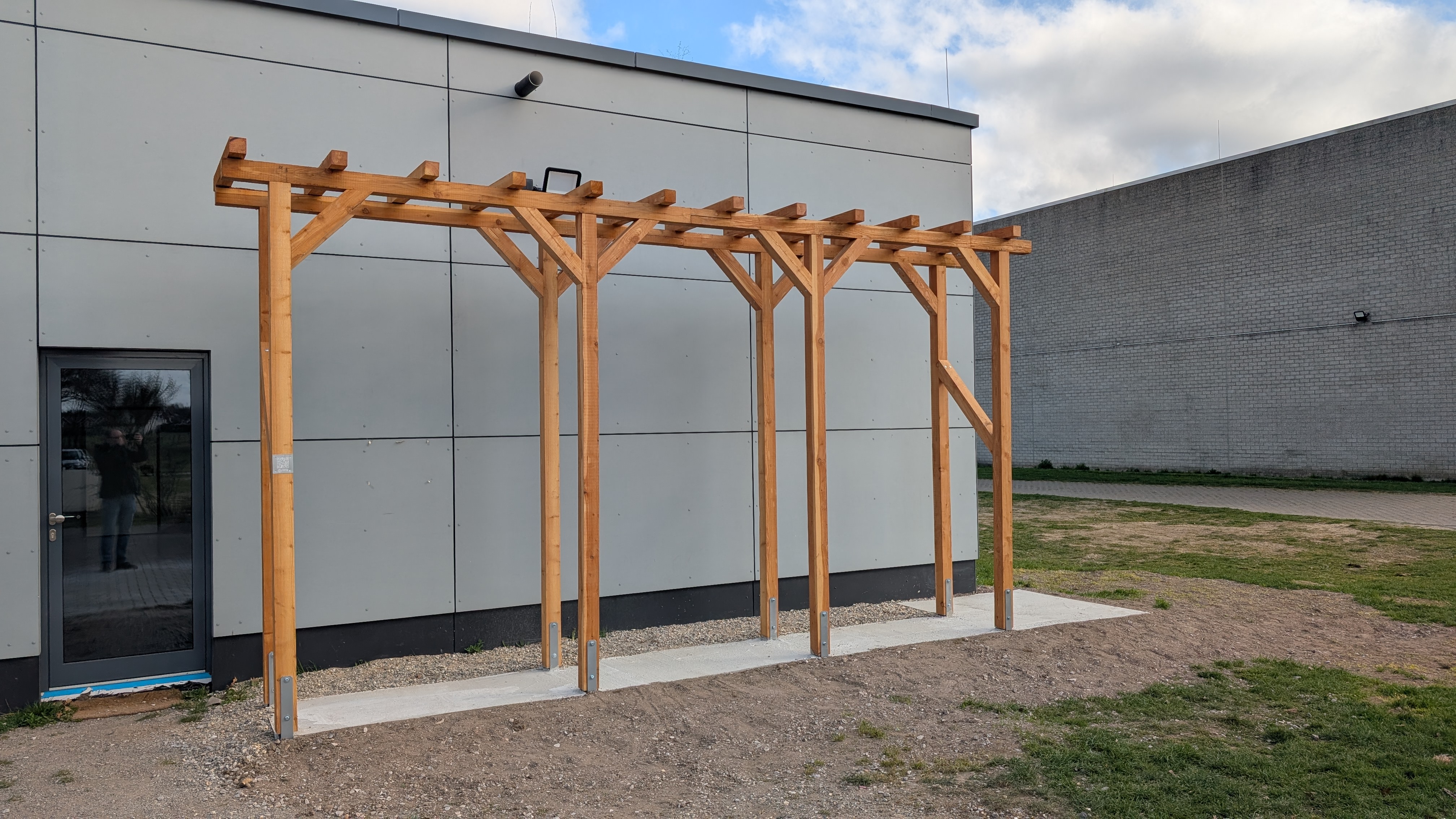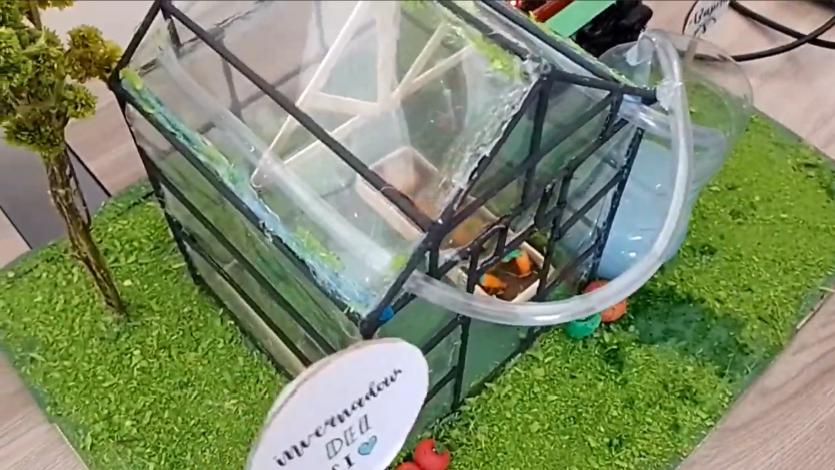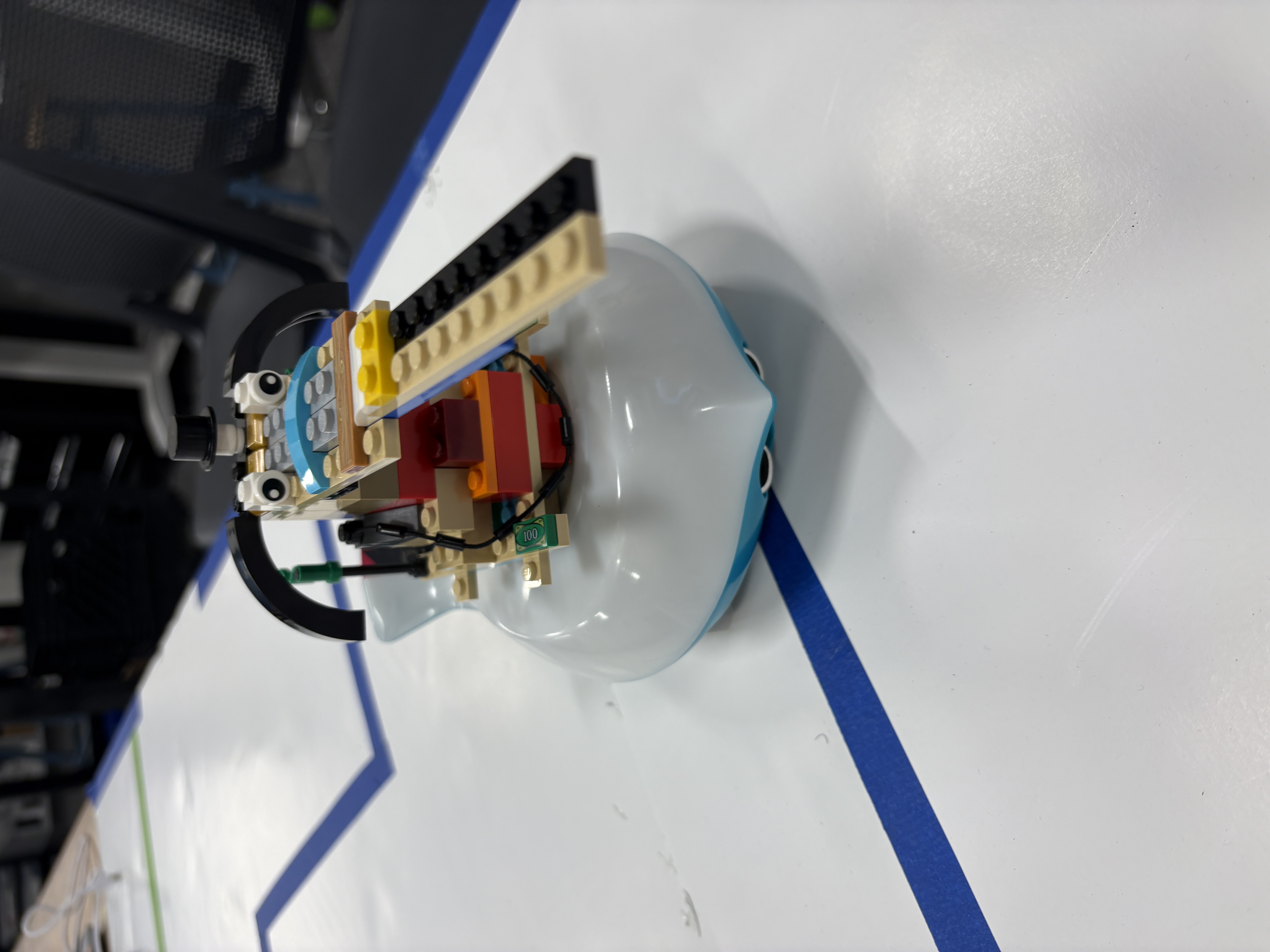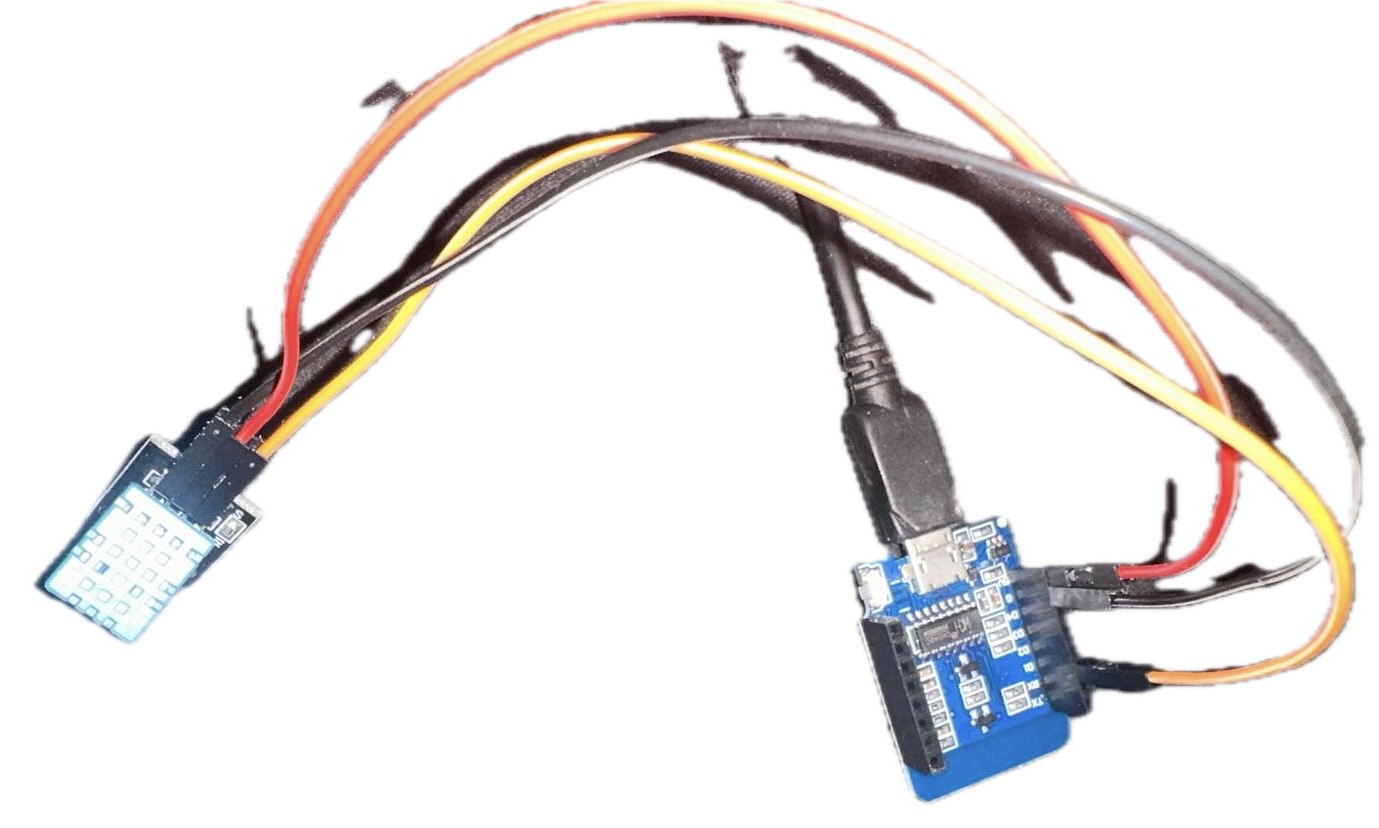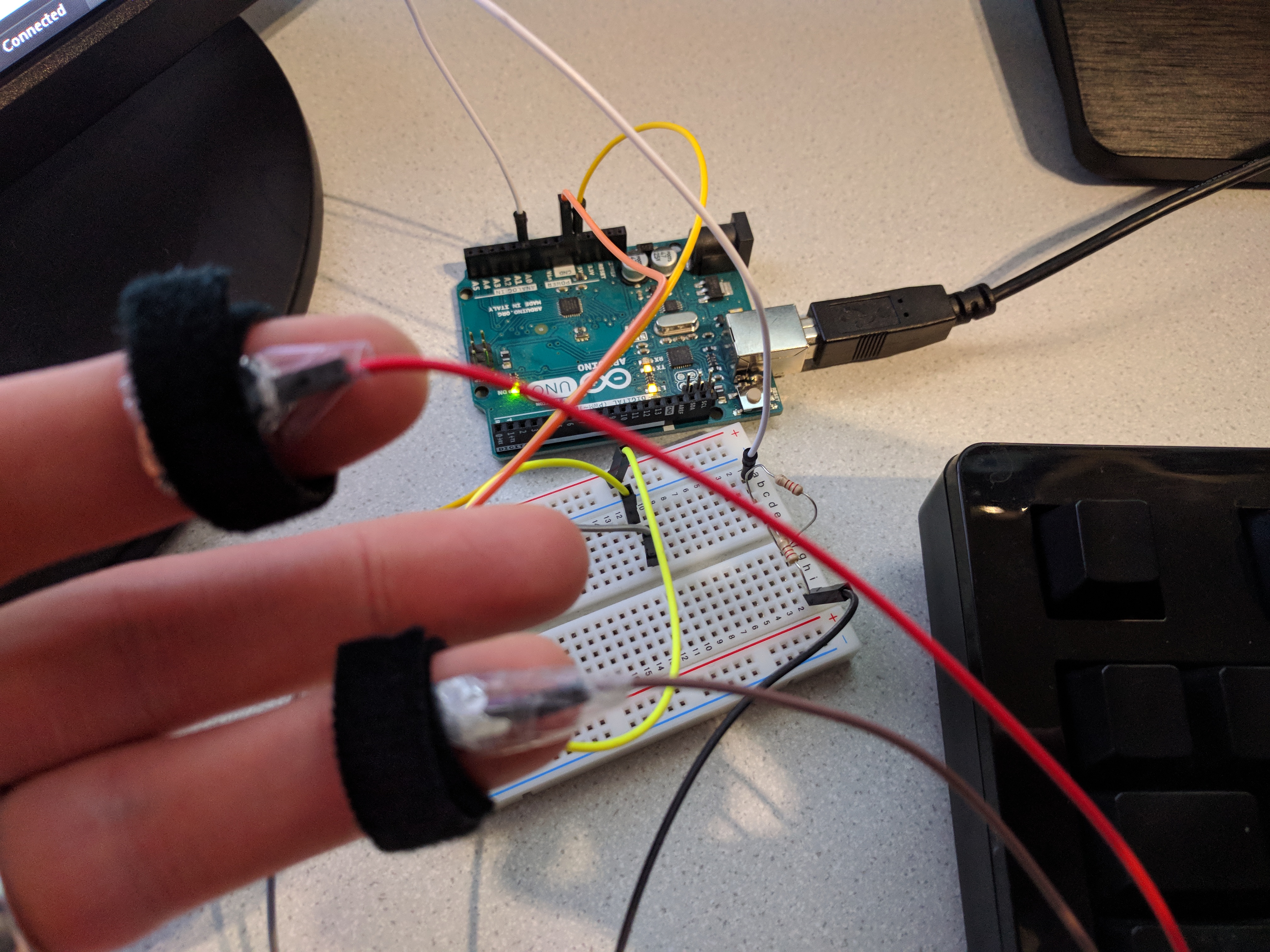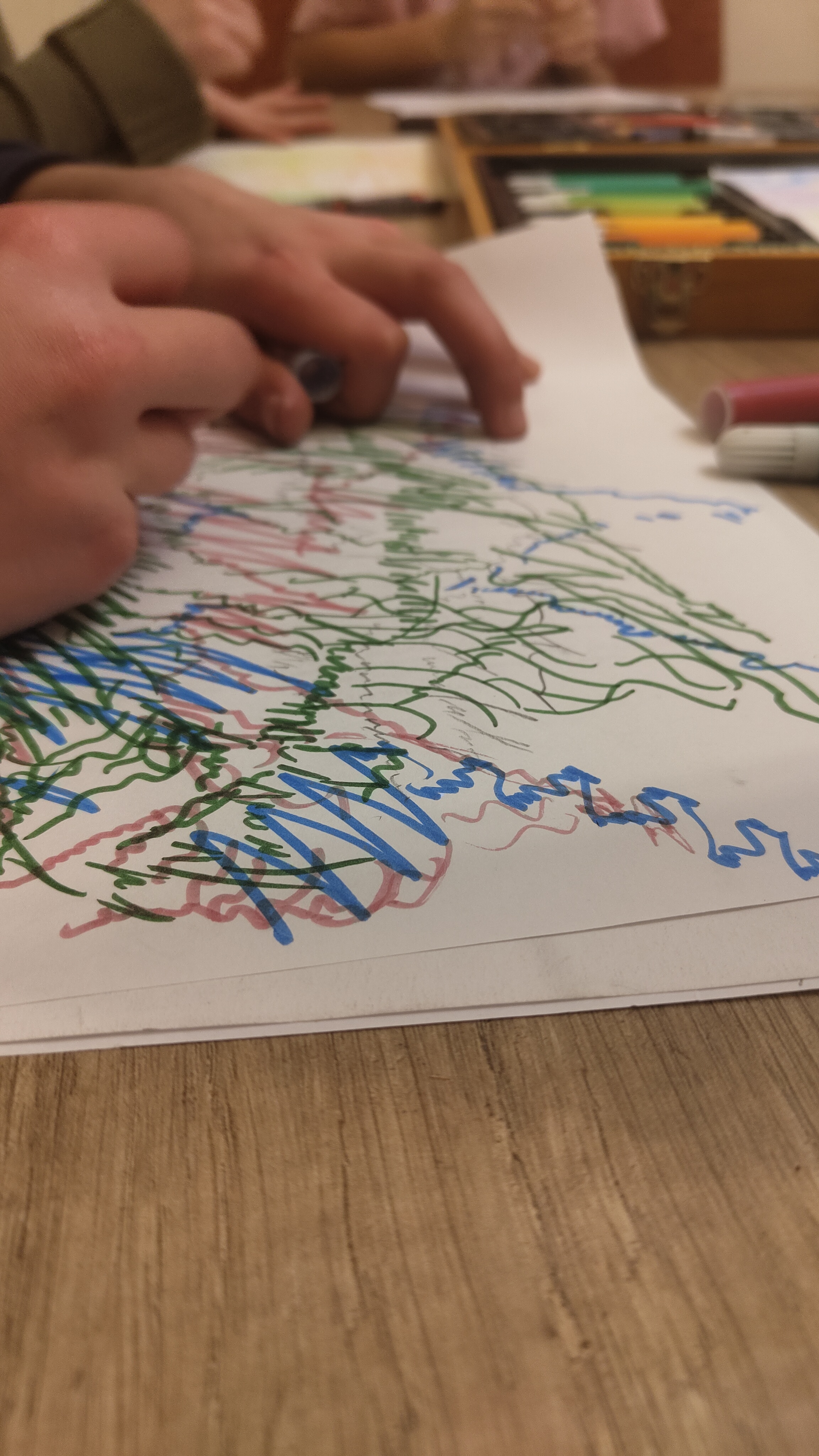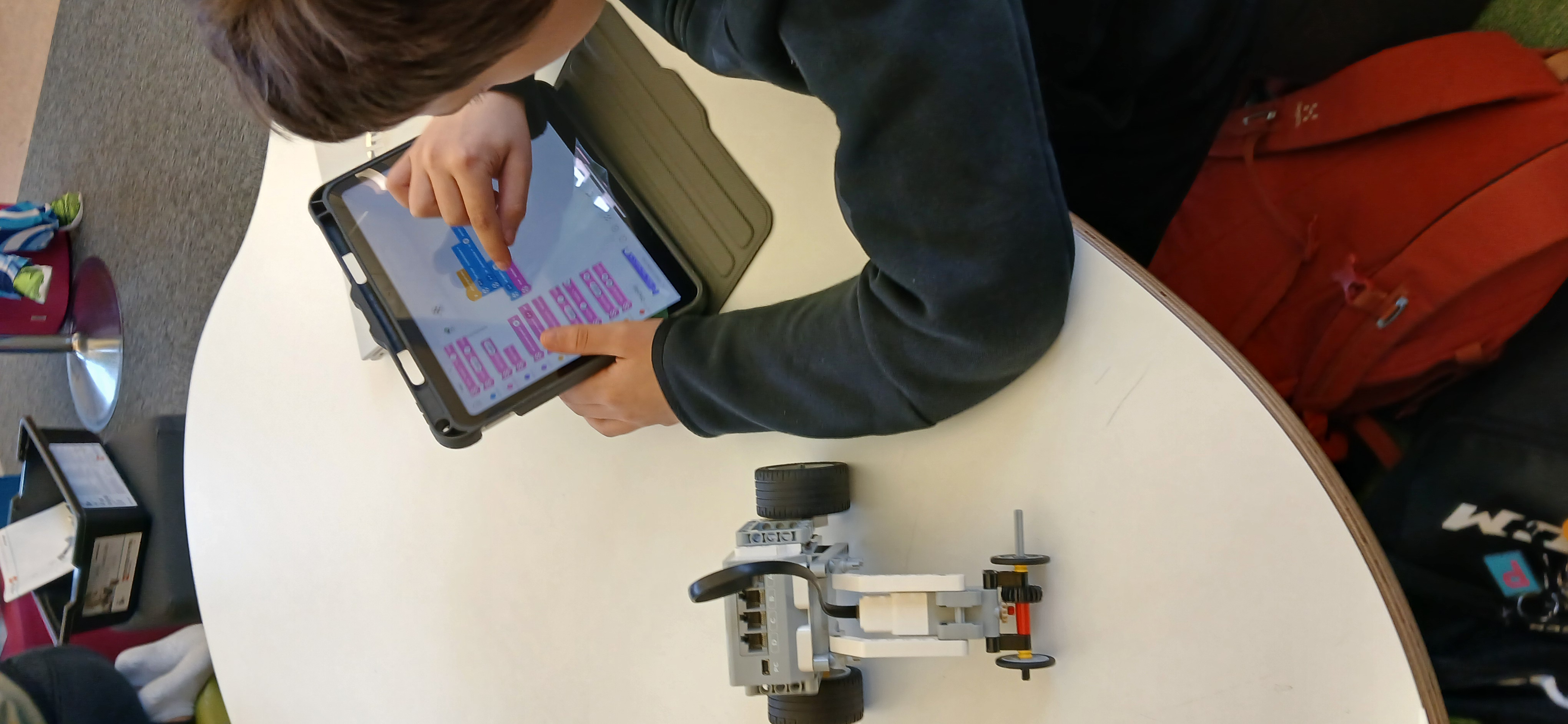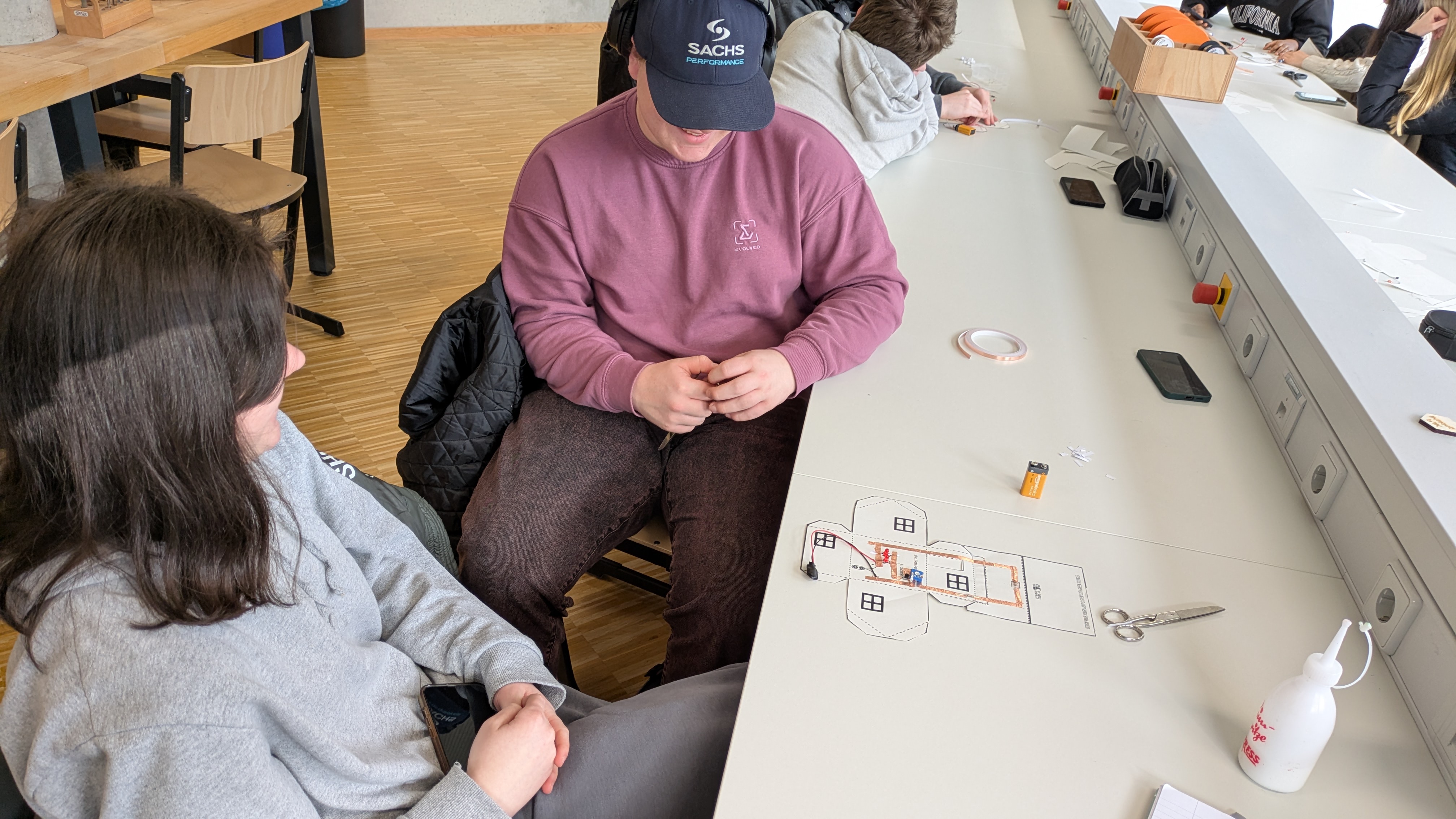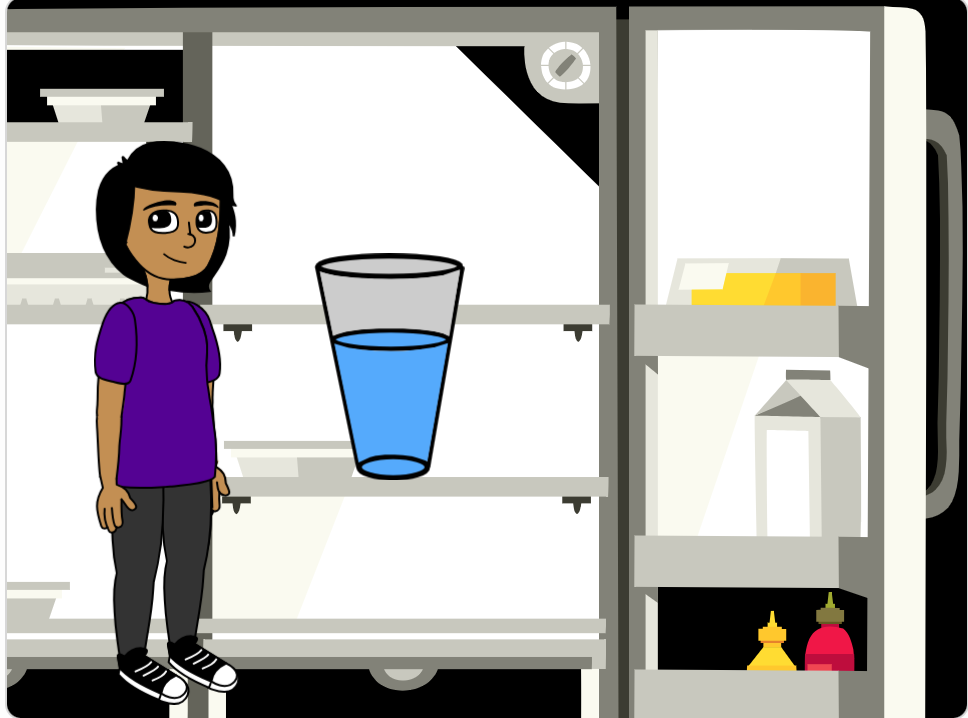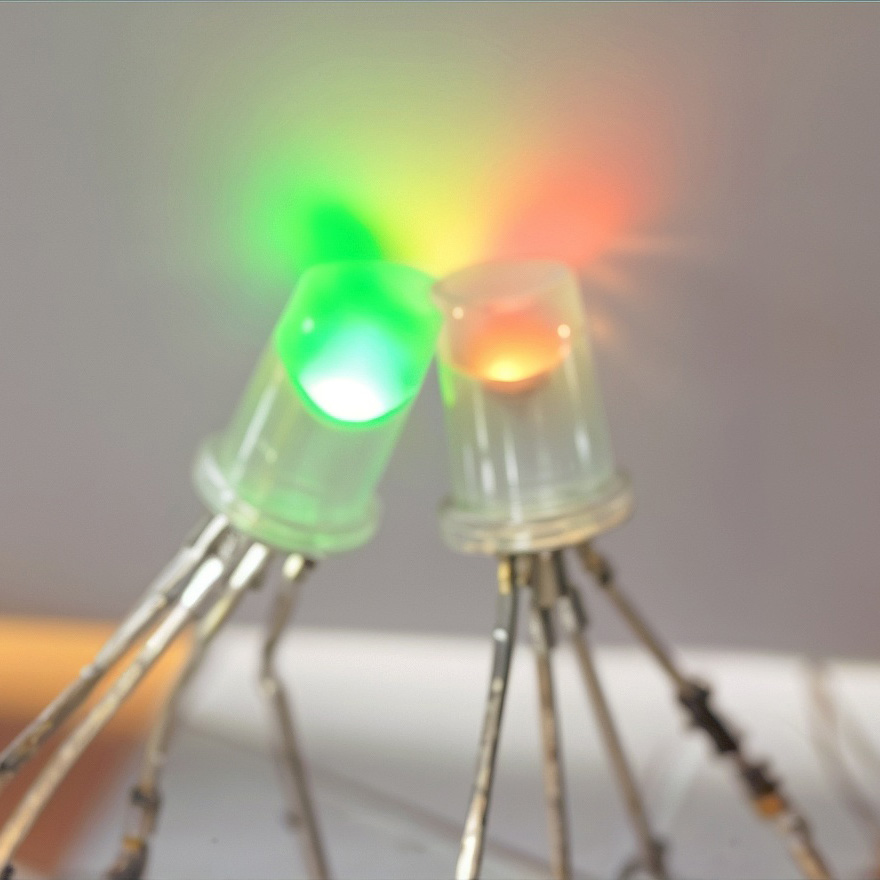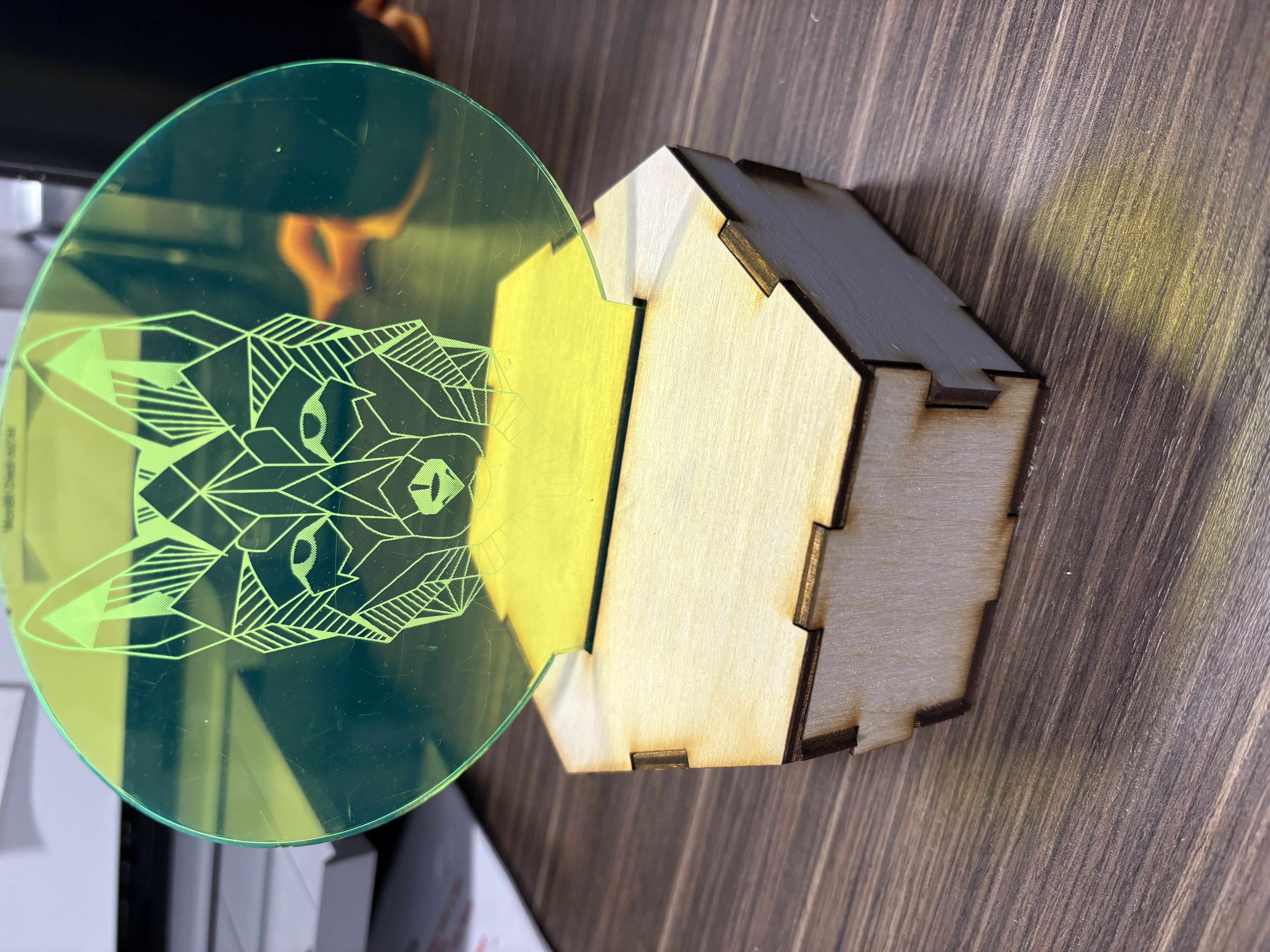Explore the 2019 Chevron STEM Education Award Lessons
Fabricating turtles to understand turtles
This activity includes a “hands on” strategy that mixes the use of two different digital fabrication tools (laser cut and 3D printing) and silicon mold, to produce replicas of animals…
Fabstory
Make the Fabstory Blocks Initial story. Tell to the participants an initial story using the Fabstory blocks Technique 1: What would happen if…. On a brainstorming ask 3 questions than…
Open Source Resources for Teaching Synthetic Biology in Low-Resource Settings
Despite the wealth of teaching resources available on the internet, there is a lack of good quality resources for teaching synthetic biology concepts in low resource settings. At the same…
Uncovering a Hidden History – The Lives of African Americans During Reconstruction
Students will respond to research about the lives of African Americans during the Reconstruction era. This era was a critical time that laid the groundwork for many social issues we…
IN THIS COLLECTION
This collection includes 4 lessons from our first, second, and tied third place winners. These lessons cover ecology, history, science, and the arts. The lessons were designed for students in grades 7-12 for communities all around the world. The educators in the collection teach in formal and informal education settings in Brazil, Mexico, Ghana, and the United States.
about THE CHEVRON STEM AWARD
Chevron has partnered with the Fab Foundation since 2016 to celebrate educators using STEM and digital fabrication for student learning. There have been over 160 submissions for the STEM Award to date, and Chevron has awarded $40,000 to educators who are creating lessons and activities for their students and sharing them with the Fab Foundation network worldwide.
Chevron and the Fab Foundation are using this award to highlight people in the network who are making a change and doing amazing work to impact the lives and livelihoods of children and youth around the world.
“Chevron is committed to investing in STEM education to encourage students and community members to be the innovators and makers of the future.”
Janet Auer, Advisor, Education and Corporate Programs at Chevron
Sensory Circuit Simulation
In this project, students will design and build an electronic circuit that mimics the touch sensory system, exploring how neurons communicate through electrical and chemical signaling. Using 3D-printed neuron models,…
April 10, 2025Winter 3D snowman
This is a primary lesson that helps students get familiar with Tinkercad for 3D design during the winter season.
April 8, 2025Clay Bells + Electronics
Student will learn to design and construct clay bells that are enhanced with electronics
April 3, 2025Scratch Coding + Advertising Technique Analysis
In this lesson, 4th-grade students will integrate their Scratch coding skills with media literacy concepts. Students will analyze a print advertisement by identifying persuasive techniques and create an interactive Scratch…
April 1, 2025Pulse Monitoring with RGB LED and Microcontroller
In this lesson, students will explore the relationship between heart rate, physical activity, and emotions using a pulse sensor and an RGB LED. By integrating biology, physics, and programming, students…
March 31, 2025Sustainable Solutions: Building a Smart Greenwall for Urban Environments
The “Sustainable Solutions: Building a Smart Greenwall for Urban Environments” project integrates renewable energy and urban greening to enhance sustainability education. Students will collaborate across disciplines to design and construct…
March 31, 2025Growing plants with the help of technology
Working together with the Science area, students will build a model of a greenhouse and include in the model automation systems to handle some of the tasks associated with it.…
March 31, 2025Finch Olympics
In this lesson, students use robots to explore physics, coding, and engineering. They calculate kinetic energy by measuring their robot’s speed and mass while completing a maze. Then, they program…
March 30, 2025Structure and Function of a WiFi Lamp
This series of lessons focuses on developing a battery-operated Wi-Fi lamp. The focus is on developing the program mode, particularly controlling an LED strip, and the basics of HTML programming.
March 29, 2025Lie Detector
For their skills class, students have been learning that in the real world, you often need to connect multiple disciplines to solve problems, which culminates in a CSI unit trying…
March 28, 2025VIsualizing music
This lesson connects music, visual arts, art history, physics, and programming, During the lesson students will be encouraged active listening and creative expression through abstraction and light painting. Students will…
March 28, 2025Robotics Race – Measuring Distance, Conversion and Coding
Students will demonstrate an understanding of measuring distance (using and converting EU and/or US measurement systems) while also writing a code that will effectively move their robot. This lesson…
March 23, 2025Learning the IPO principle through a house automation model
This lesson is based on Studio 5’s “Eco House” model. Available at: https://www.scopesdf.org/scopesdf_lesson/eco-house/ Students learn about the IPO principle and how some new electronic components work. Using this knowledge,…
February 16, 2025SEQUENCE using Scratch
Sequencing In the early years students must develop sequencing skills. These skills help young learners to logically structure language and writing. It’s essential to effective oral and written communication. …
February 16, 2025Light it Up
Design Challenge: Design and build a lamp/light with non-addressable LEDs and an on/off switch. Constraints: Design and laser cut the body of the lamp Use a non-addressable LED light strip,…
February 12, 2025STANDARDS-ALIGNED
Community contributed lessons aligned with Common Core State Standards (CCSS) and Next Generation Science Standards (NGSS) offer formal educators innovative pathways to teaching content knowledge. The Fab I Can Statements are a resource to develop technology-literate learning progressions to align with content standards.
FAB TESTED
Periodically lessons are adapted and tested by the Fab Foundation team based on a call for submissions from fabbers, educators, and makers. Our inaugural set of lessons for the SCOPES-DF project were Fab Tested in 2016 and are tagged Fab Tested on the website.
OPEN-SOURCE VALUES
Lessons are distributed under a Creative Commons CC BY-NC license, that permits free use and re-purposing by others.

